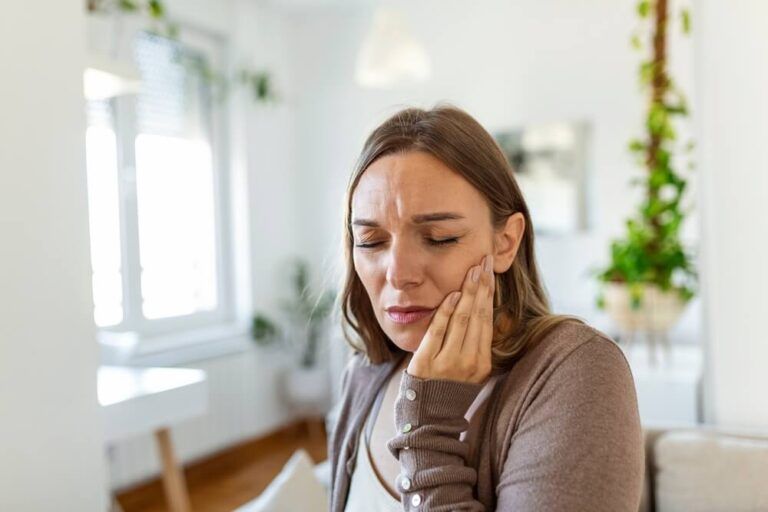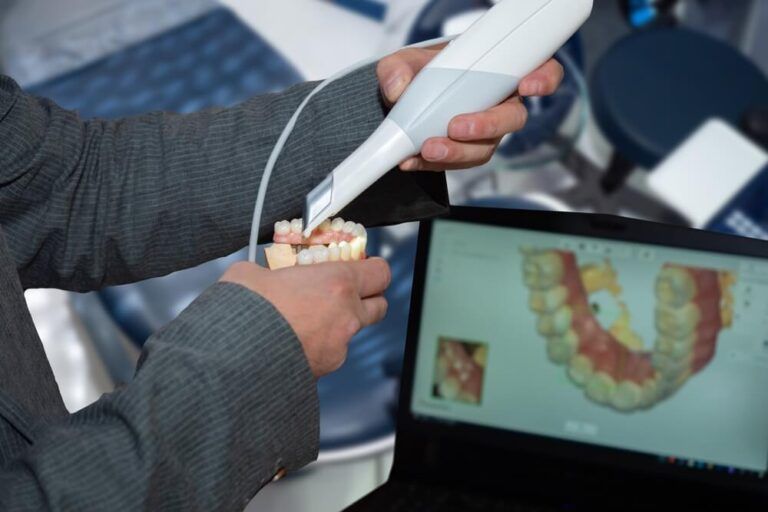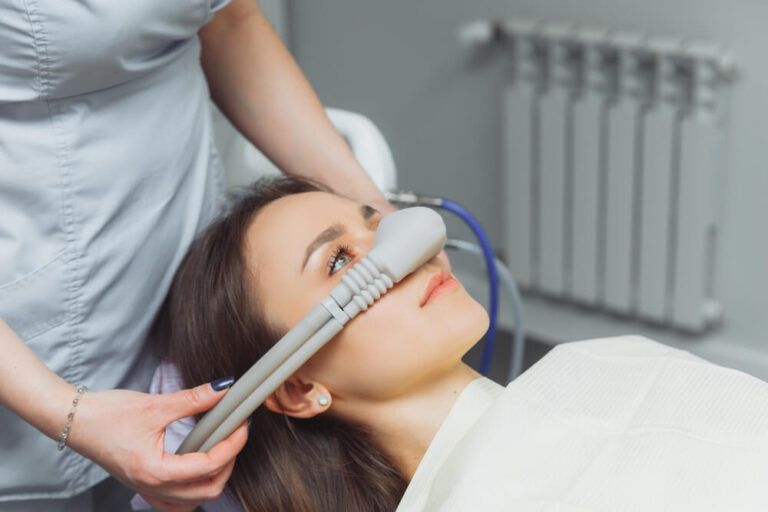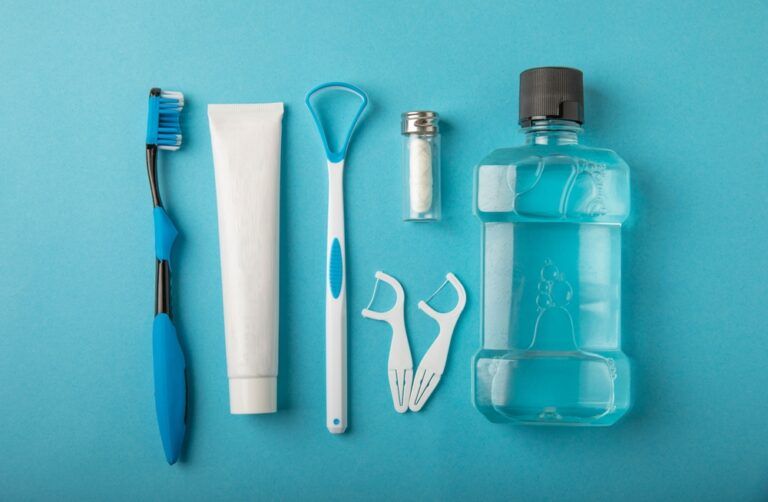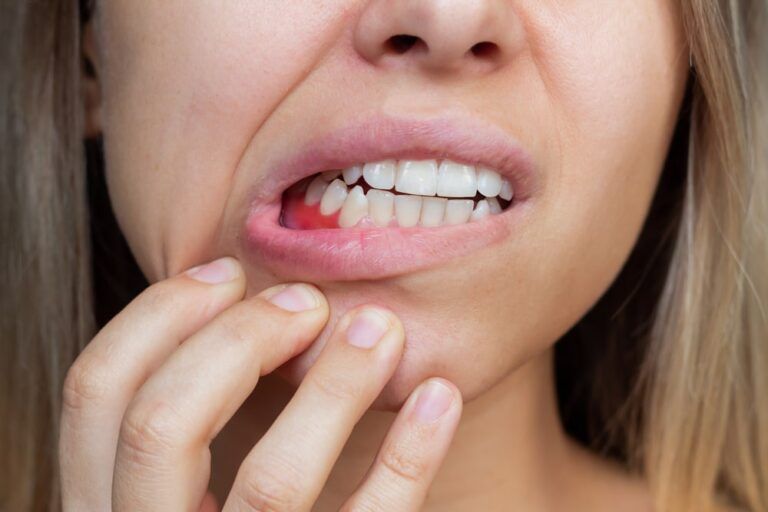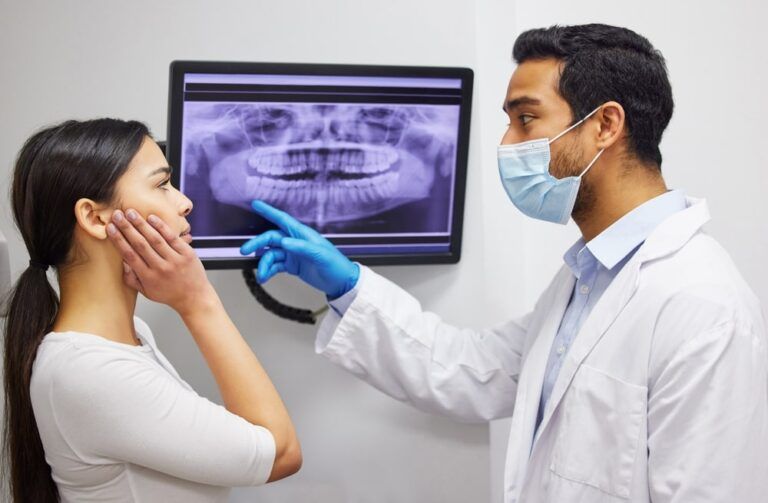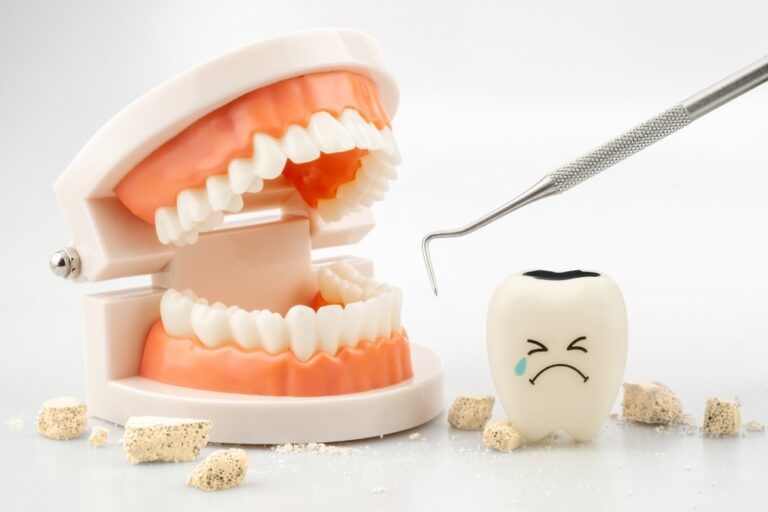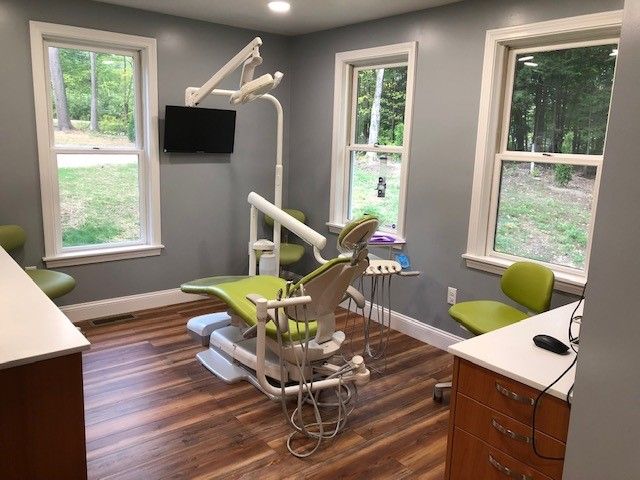Dental emergencies can happen at any time and often require immediate attention. Whether it’s a knocked-out tooth, severe toothache, or broken crown, knowing how to respond quickly and efficiently can make a significant difference in preserving your oral health. Dr. Esin Narli of Weare Family Dentistry in Weare, NH, provides expert advice on what to do during a dental emergency and how you can manage the situation until you receive professional care.
Step 1: Assess the Situation Calmly
The first step in handling a dental emergency is to stay calm and assess the situation. Panicking can make it harder to think clearly and act quickly. If you are experiencing pain, it is essential to identify the source. A severe toothache, for example, could indicate a cavity, abscess, or infection. If a tooth is knocked out or broken, determine if there are any other injuries to your mouth, such as cuts or bruising.
Once you’ve assessed the situation, call your dentist’s office immediately. Many dental practices, including Weare Family Dentistry, offer emergency services or will provide guidance on what steps to take until you can be seen by a professional.
Step 2: Control Bleeding if Necessary
If your dental emergency involves any trauma to your mouth, such as a cut on the gums or a knocked-out tooth, controlling bleeding is crucial. For minor bleeding, you can typically manage the situation by applying a clean cloth or gauze to the affected area. Press gently but firmly to stop the bleeding. If the bleeding continues or is profuse, seek medical attention immediately.
If a tooth has been knocked out, handle it by the crown (the top part) rather than the root, and rinse it gently with water if it’s dirty. If possible, try to reinsert the tooth into its socket and bite down gently to hold it in place. If this is not possible, place the tooth in a glass of milk or a saltwater solution to keep it moist, and get to the dentist as soon as possible. The sooner you act, the better the chances of saving the tooth.
Step 3: Manage Pain with Over-the-Counter Medications
Pain management is an essential part of dealing with a dental emergency. Over-the-counter medications like ibuprofen or acetaminophen can help relieve pain and reduce inflammation. Avoid using aspirin, as it can increase bleeding. Do not apply the medication directly to the affected area, as it may cause irritation to your gums.
For a toothache or a swollen area, you can also try applying a cold compress to your cheek near the painful area. This can help reduce swelling and numb the pain temporarily. However, these are only temporary measures to help manage pain until you can get to your dentist for professional treatment.
Step 4: Know When to Seek Emergency Care
While many dental emergencies can wait for a regular appointment during office hours, some situations require immediate attention. The following are examples of dental emergencies that should not be delayed:
- A knocked-out tooth that cannot be reinserted immediately.
- A severe toothache that cannot be alleviated with over-the-counter pain medication.
- A cracked or broken tooth that causes intense pain or exposes the pulp (the soft tissue inside the tooth).
- A dental abscess that leads to swelling, fever, or difficulty swallowing.
- Severe gum bleeding that doesn’t stop with gentle pressure.
- Injuries to the jaw or mouth that cause difficulty breathing, swallowing, or speaking.
If you are unsure whether your situation qualifies as a dental emergency, it’s always a good idea to call your dentist. They will be able to assess the situation and recommend the best course of action.
Step 5: Follow Up with Your Dentist
After addressing the immediate needs of a dental emergency, follow up with your dentist as soon as possible. For example, if you’ve lost a filling or crown, your dentist may need to replace or repair it to prevent further damage to the tooth. If you’ve had a tooth knocked out, your dentist may attempt to save the tooth with a root canal or other procedures.
Even if your emergency seems to be over, it’s crucial to have a professional evaluate your oral health afterward. Dental trauma can sometimes cause underlying issues that are not immediately obvious, so follow-up care ensures that your teeth and gums remain healthy.
Stay Prepared and Proactive
Dental emergencies can be stressful, but knowing how to respond and when to seek professional care can help minimize damage and discomfort. Dr. Esin Narli and the team at Weare Family Dentistry are always ready to assist you with dental emergencies, providing expert care when you need it the most. By staying calm, managing pain, and seeking help promptly, you can ensure the best possible outcome for your oral health.
Sources:
- Chuk, N. P., & Nevarez, P. (2017). Emergency Management in Dentistry: Principles and Practice. Journal of Dental Emergencies.
- Smith, T., & Green, A. (2019). Immediate Response to Dental Trauma. Journal of Clinical Dentistry.
- Anderson, D. F. (2018). Pain and Bleeding Management in Dental Emergencies. Emergency Dental Care Review.



